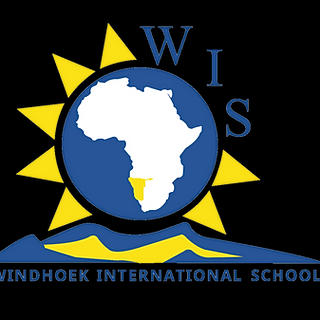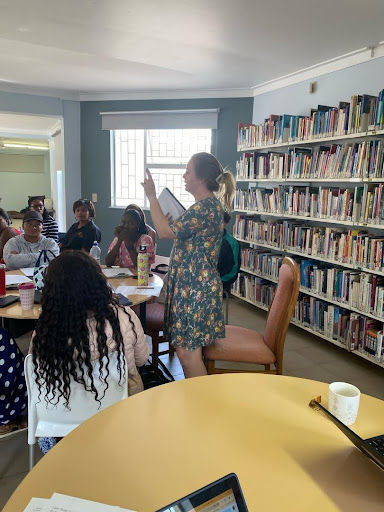Celebrating Linguistic Inclusion
- Windhoek International School
- Feb 23, 2024
- 2 min read
Dear WIS Community,

International Mother Language Day, observed on February 21st, serves as a reminder of the rich tapestry of languages that grace the WIS community. As we celebrate Mother Languages Day, we can reflect not only on the celebration of linguistic diversity but also on the profound impact it has on learning and well-being within our school.
Jacob Huckle, an advocate for multilingual learning, in his article Transforming Education through multilingual Education emphasises the importance of celebrating International Mother Language Day as a catalyst for meaningful change in international schools. While activities such as multicultural fairs and assemblies are valuable, they must be accompanied by deliberate actions to leverage linguistic diversity and ensure equity for all students. This sentiment echoes our commitment to fostering an inclusive environment where every language and cultural identity is respected and valued. Imagine if our classrooms were vibrant hubs where every language, accent, and dialect were honoured, and our curriculum intentionally drew upon diverse perspectives to enrich learning experiences.
Realising this vision requires more than just celebration; it demands intentional action rooted in a deep understanding of linguistic diversity. As we engage in this work, it is essential to recognize the intersectionality of language and power dynamics. We must confront and dismantle linguistic hierarchies that privilege certain languages over others, ensuring that all students feel seen and valued in our school ecosystem.
As we celebrate International Mother Language Day, we can appreciate the beauty of linguistic diversity but also commit to meaningful action. Whether as individual educators or as a school community, we can take concrete steps to promote linguistic inclusion:
Foster a culture of respect and appreciation for all languages and cultures represented in our classrooms.
Redesign curriculum and teaching practices to leverage students' linguistic repertoires as valuable resources for learning.
Create opportunities for students to reflect on and share their linguistic and cultural identities.
Engage in ongoing professional development to enhance our skills in teaching inclusively for multilingual learners.
This week, on International Mother Language Day, I was proud of our students and teachers sharing and delighting in each other’s languages. I look forward to continuing this important work in our school.
Enjoy the video compilation of all the languages at WIS!
Warm regards,
Marcelle van Leenen
Primary School Principal








Comments